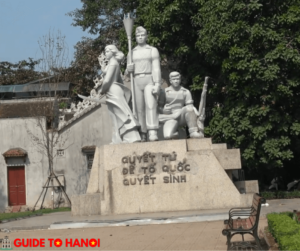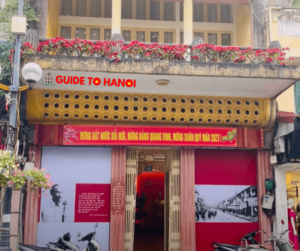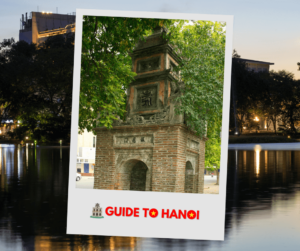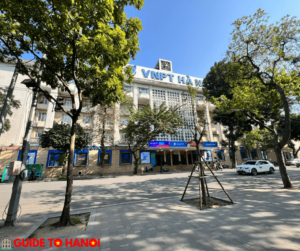Dong Da Mound
In the bustling dance floor of history, there’s a mound that doesn’t just sit there looking all mound-ish – it’s got a story to tell.
Enter Dong Da Mound (Đống Đa Mound), the historical rockstar in the heart of Hanoi!
Legend has it that this mound hosted the grand finale of the Battle of Ngọc Hồi-Đống Đa, where the Tay-Son & the Manchu Qing army duked it out in a battle so epic it would make popcorn jealous.
Now, picture this:
Sam Nghi Dong, feeling like he’s the lead actor in a tragic play, decides to exit stage left. Instead of facing the Tay-Son, he opts for a more dramatic exit, hanging himself on Oc Hill. Talk about choosing the high note!
Post-war, in a diplomatic gesture that could make even modern politicians jealous, Sam Nghi Dong gets a one-way ticket back for a state burial.
The resident Han Chinese got the green light to set up a temple, proving that even in ancient times, it was all about international relations.
King Quang Trung, the grandmaster of post-battle cleanup, orders the enemy crew to be collected and tossed into not one, not two, but twelve large burial mounds.
These hills, sprinkled with a touch of greenery, earned the nickname Đống Đa, AKA the Heap of Banyan trees – because who doesn’t love a good landscaping moment?
Wait, there’s more!
Fast forward to 1851, when construction crews on a mission stumble upon more leftovers during roadwork near Nam Dong markets.
They gather the remains and throw them into a massive burial bash next to Oc Hill.
It’s like an expansion pack for the original Đống Đa Mound – talk about growth!
Enter the French, the party poopers of history, who decide to dig out eleven of the twelve hills, leaving only Ốc mound unscathed. Bravo, French army, for making Đống Đa Mound the lucky 13th – talk about a historical remix.
In 1989, marking the 200th anniversary of the Battle of Ngoc Hoi-Dong Da, Dong Da Park debuted, turning the mound into a historical hotspot.
Who knew a battle could lead to such a chic makeover? Let the mound-tastic celebrations begin!
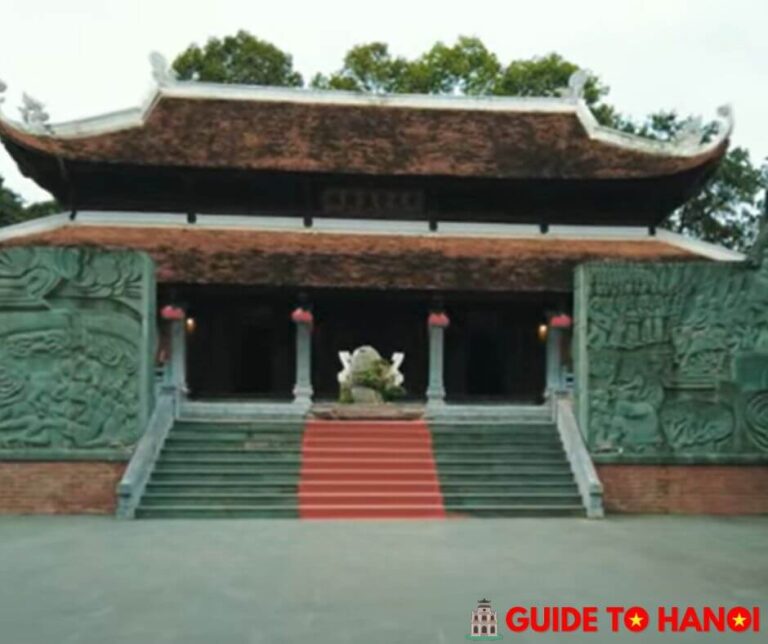
| Location | Đống Đa Park, Đống Đa District, Hanoi, Vietnam |
|---|---|
| Top Attraction | Temple Gate with “Trung Liệt Shrine” |
| Historical Feature | Former Temple (No longer exists) |
| Pathway | The paved way leading to King Quang Trung-Nguyễn Huệ’s statue |
| Statue | King Quang Trung-Nguyễn Huệ with two relievos |
| Museum | On-site museum showcasing historical artifacts |

